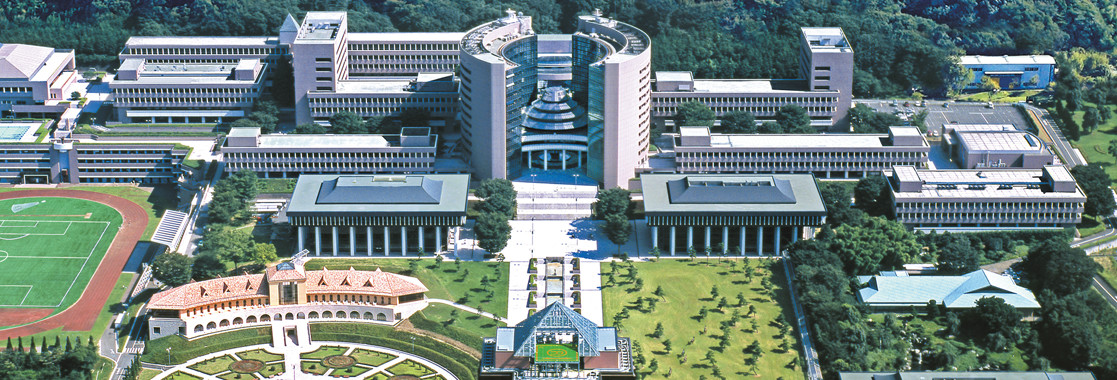
About TUT
Three Policies of Graduate School of Clinical Technology
Admission Policy of the Graduate School of Clinical Technology
As per the basic philosophy of the University, we seek students who through their studies and research activities at the Graduate School of Clinical Technology are strongly motivated to explore and research specialized theories and technologies applicable in the real world, and who are willing to contribute to giving back to society the fruits of the results of their research. Candidates shall have the following characteristics:
(1) demonstrate an interest in issues in the field of clinical testing and related fields, and who demonstrate enthusiasm for research-based clarification and solutions
(2) are eager to develop a broad perspective and management skills that enable them to develop leadership skills expected of professionals in the field of clinical testing
(3) demonstrate the desire to contribute to the improvement and advancement of the clinical laboratory field by giving back to society the fruits of the knowledge acquired during their graduate studies
(4) to show a positive attitude to and initiative in cooperating with others, as well as a willingness to work toward better mutual understanding.
Curriculum Policy of the Graduate School of Clinical Technology
The Graduate School of Clinical Technology emphasizes practical education and research in accordance with the basic philosophy of the University. In order to contribute to and spearhead the development of the field of clinical testing that meets the needs of society, and to implement the education and research necessary to acquire the abilities specified in the Diploma Policy, the School formulates curricula based on the following basic policies and conducts lectures, training exercises and research.
(1) Through undergraduate education, provide students with the education and common sense befitting a member of society, the ability to grasp the orientation and role of clinical testing in society and medicine, the ability to acquire human science related knowledge including behavioral science and medical safety. With these subjects as the base, offer medical ethics related basic courses in research methods, medical systems and management, medical safety management, and medical communication techniques, etc.
(2) In the specialized fields of pathophysiological function testing and pathogenetic analysis testing, students learn the latest trends in the relevant specialized field in order to cultivate the practical skills required of advanced professionals in the field of clinical testing and conduct experimental research appropriate to their research theme. Special theory and practical training related courses are offered in the fields of physiological function tests, hematology, bioinformatics, analytical chemistry, and infection control to help students master the latest medical technology etc. trends.
(3) Seminars and research subjects in specialized fields are offered to cultivate the basic skills researchers require, such as the ability to identify and solve problems based on scientific evaluation and analysis in the field of specialty, to make plans, to examine the consistency of results and expectations, and to carry out research and publish papers.
(4) To acquire knowledge in the most advanced areas of medical science, medical technology, and medical systems, and to cultivate the ability required of a team leader to see things from multiple perspectives and to communicate smoothly with a diversity of people, courses related to genetic testing, special theory in specialized fields, and medical communication techniques are offered to foster the ability to exchange opinions and make decisions as part of a team.
Diploma Policy of the Graduate School of Clinical Technology
The School confers a master's degree to students who have fulfilled the requirements for completion of the master's program and have acquired the following qualities, abilities and leadership skills related to the field of medical technology.
In addition, the School confers the degree to those who have acquired the following abilities.
(1) can understand things from multiple perspectives, and to acquire communication and presentation skills for smooth activities and consensus building among people and organizations with diverse backgrounds.
(2) can identify issues based on scientific evaluation and analysis and consider innovative ways to solve issues based on scientific evidence.
(3) possesses a high level of medical ethics as a professional with a heightened sense of humanity and the ability to grasp the current status of medical technology and the latest technologies and systems.
(4) can act as a leader in promoting team medical care, including participation in community medicine